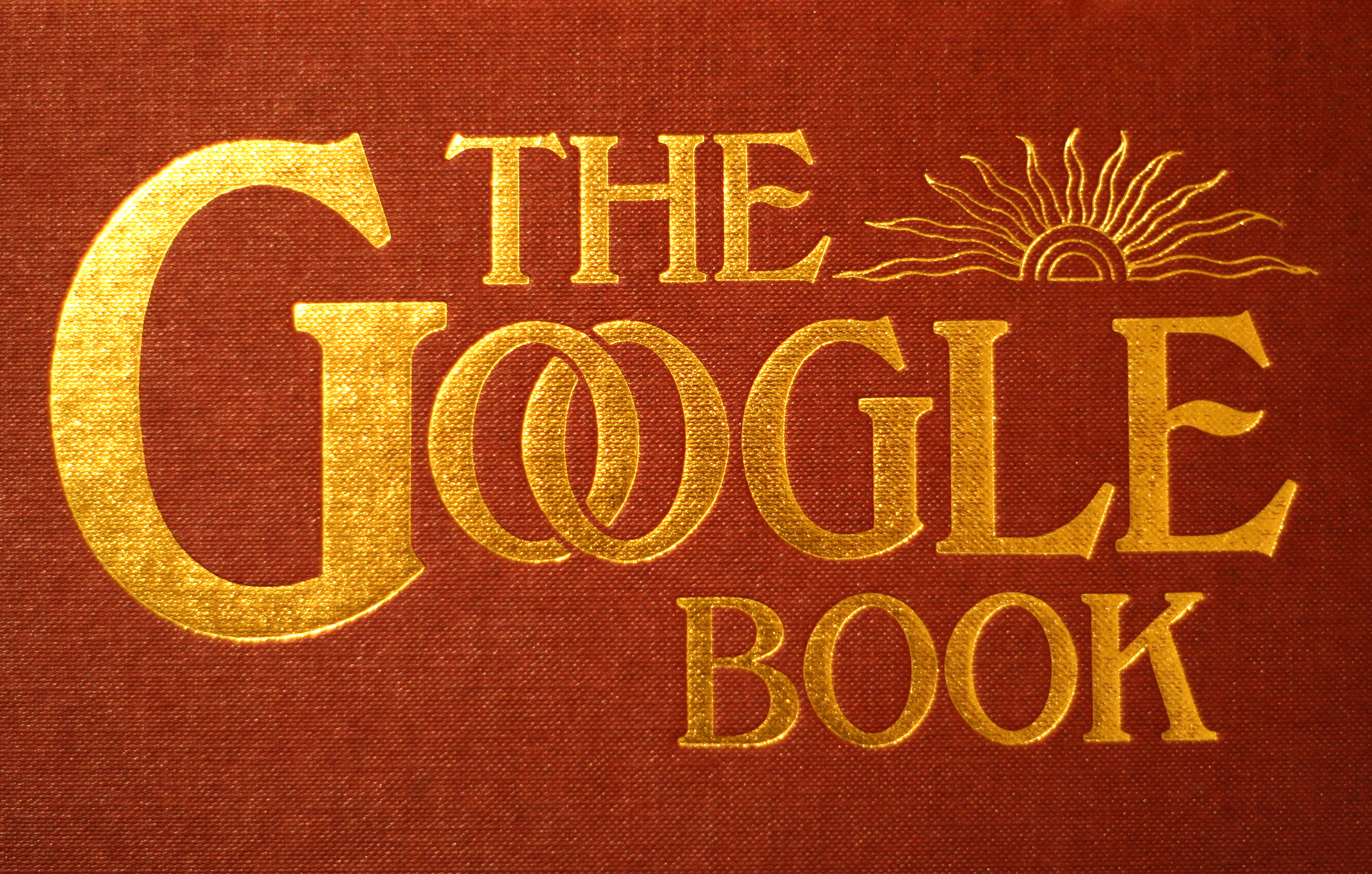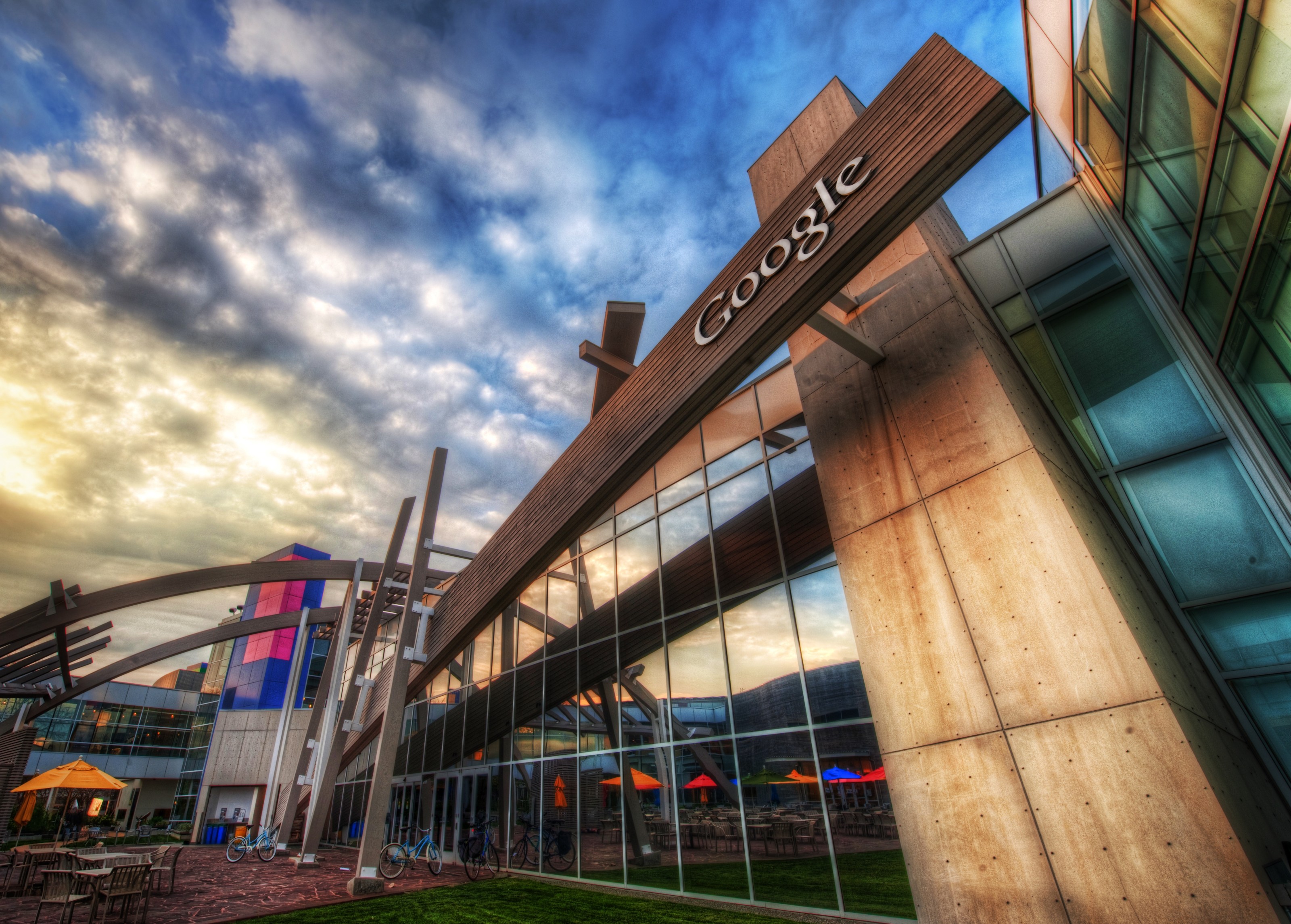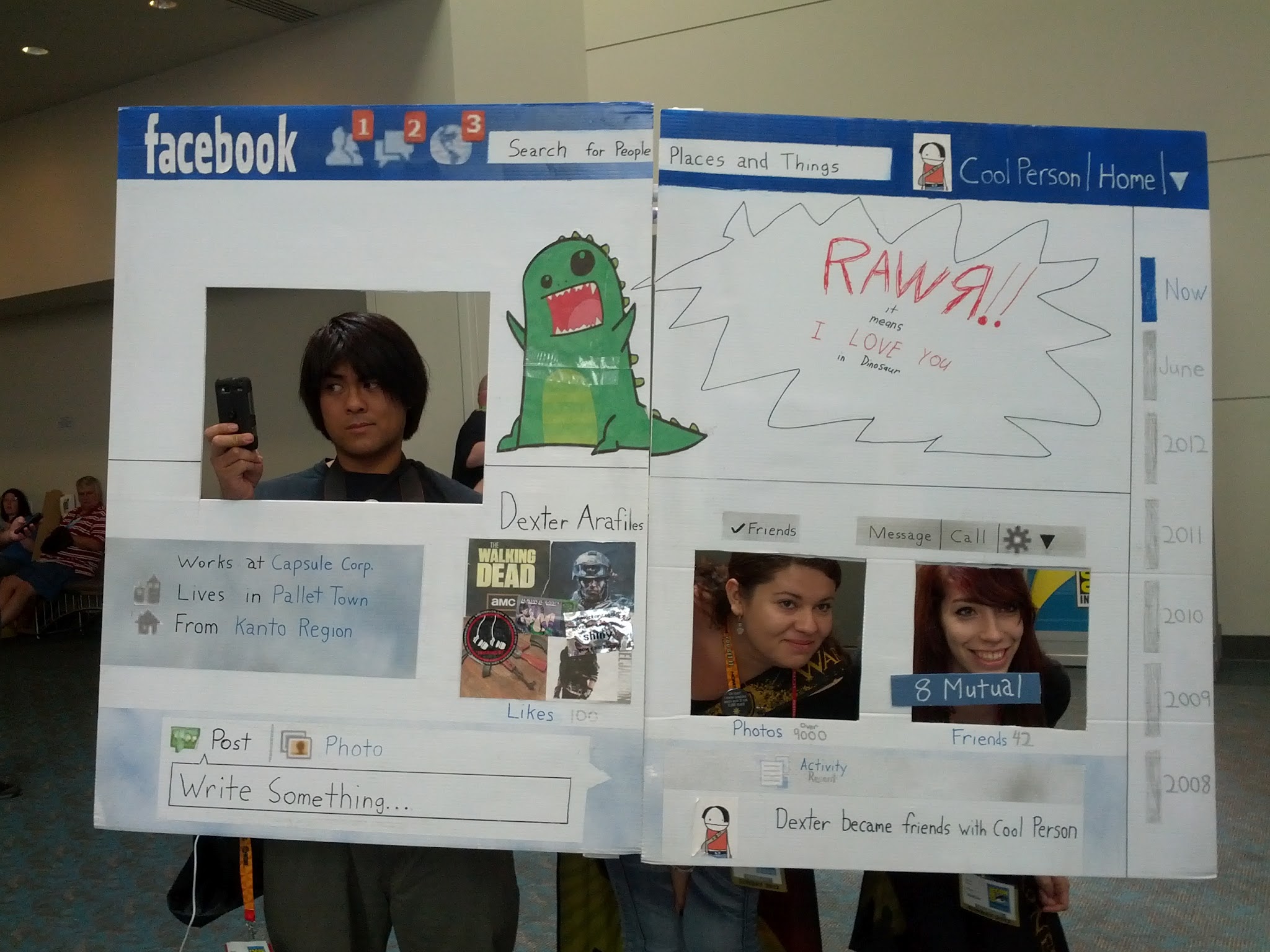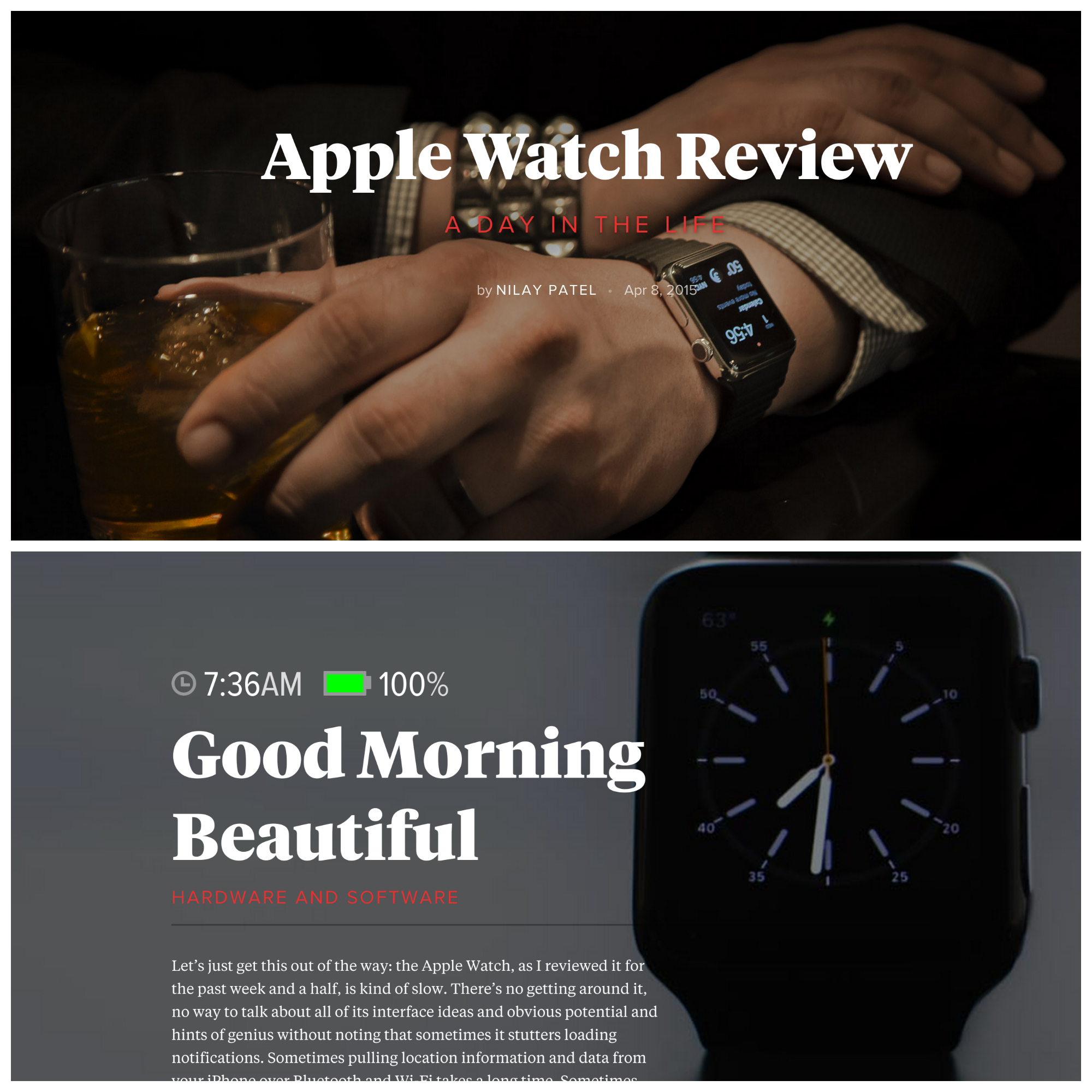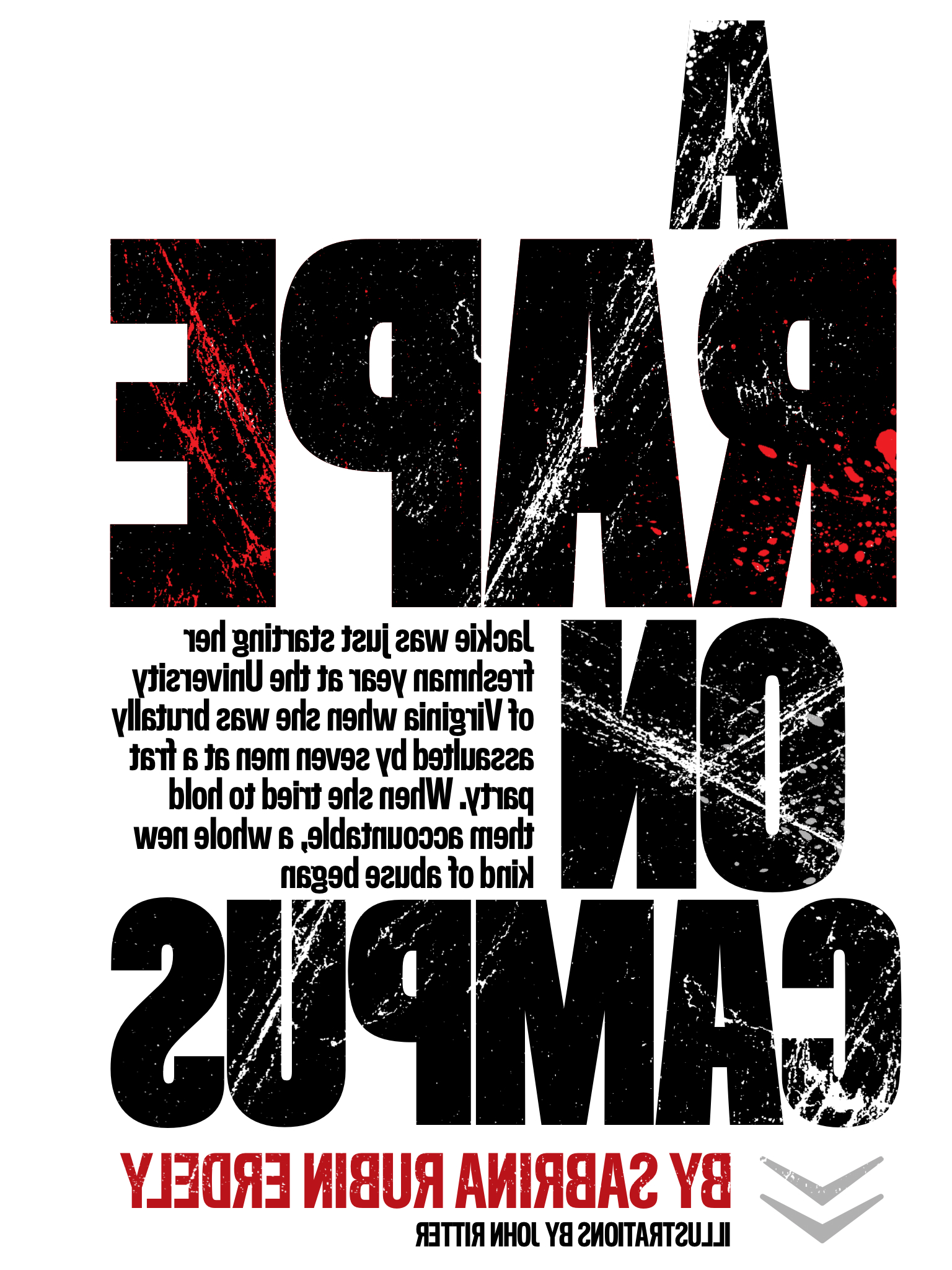Saturday night, I fumed after seeing more than 20 blogger news headlines repeating assertions made by Apple apologist John Gruber that the MacBook’s maker invented USB Type-C. Does no one independently confirm anymore? The rumor’s viral spread, when repeated often enough, will enter the Internet cultural lexicon of misinformation become truth.
Over at BetaNews, my colleague Mark Wilson rips into Gruber’s assertion. Between us—a phone call from me, and an email from Mark, coincidentally around the same time yesterday—we have comments from official body USB Implementers Forum that dispute the Apple invention claim. But, of course, confirmation can’t be true enough for the rumormongers because “informed little birdies” told Gruber that USB-C is “an Apple invention and that they gave it to the standards bodies”. But, sssh, the company isn’t supposed to say, because of politics or something.
Whether or not Gruber is right—maybe he really has inside, hush-hush information—is immaterial. That so many blogs reported his statement as fact, without any further investigation, is the problem. Given Gruber’s longstanding unabashed Apple-loving ways, everything he claims about the company should be presumed propaganda until proven to be otherwise.
